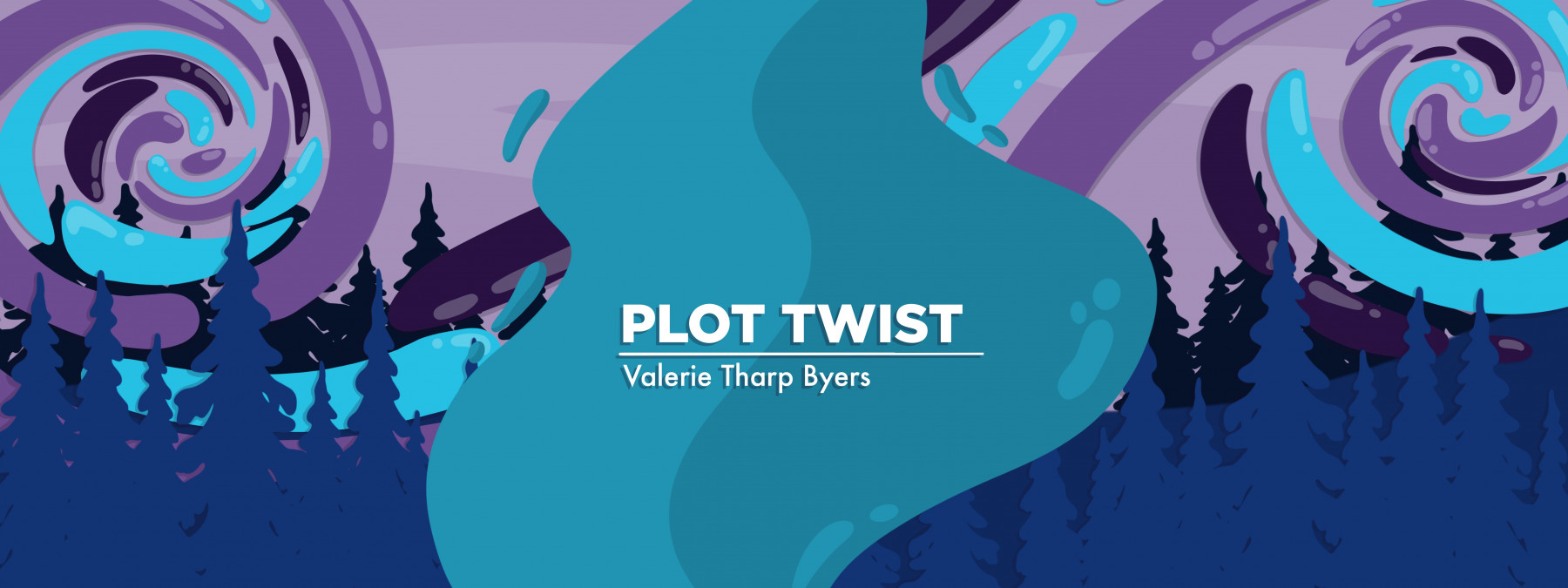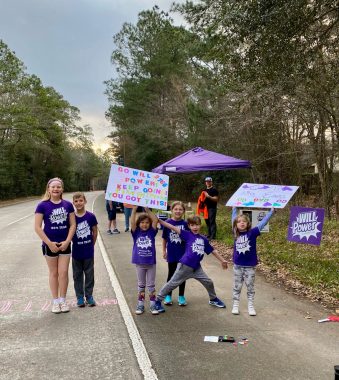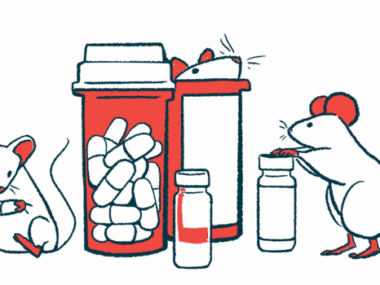Moving From Helpless to Helped
Written by |

One of the most difficult things about having a child with an incurable terminal condition is the feeling of helplessness that comes with it. When Will was diagnosed with Sanfilippo syndrome seven years ago this month, it was crushing to realize that we were going to bear witness to the slow breakdown of our son’s brain and body, and that there was nothing we could do to stop it.
As parents, we were supposed to be our son’s protectors. Instead, our own genes had created a foe from which we couldn’t protect him.
We decided early on that, even if we couldn’t save him, we were going to do everything in our power to provide him a high quality of life. We were going to focus on spending time together as a family and on raising the profile of Sanfilippo syndrome. We immediately threw ourselves into fundraising with the Cure Sanfilippo Foundation to support research and clinical trial offerings. We needed to devote our energy to doing something, anything not to feel so helpless.
Locally, our awareness and fundraising efforts are known as “WILLPower.” It has become part of our familial identity, and you’ll often see us in our trademark purple holding regular events in the community. These activities give us an outlet and direction for our despair while also giving rare disease research valuable support.
Will often attends the events, enjoying interacting with his friends and supporters, and we see our son building a legacy of hope and connection. We thrive on investing in this purpose and on following the science as it moves forward, helped in some small part by our efforts.
After seven years, we like to think we have our advocacy arm running smoothly. This is overall the case, up to a point.
The beginning of each year finds us in the throes of our largest annual event: the Charity Challenge associated with our local marathon. It’s a stressful time as we attempt to be superhuman and coordinate donors, a running team, and a cheer tent team while also doing the normal everyday business of juggling work, parenting, caretaking, and, well, living. We divide out the chores with me organizing the runners (and doing my own training for the half-marathon) and Tim, my husband, organizing the cheer tent.
It’s a lot. However, it also coincides with the anniversary of Will’s diagnosis, so part of the benefit is that the intensity is a distraction from the annual grief. Our advocacy work is an essential outlet for us, so we forge ahead, sure we’ll keep all the pieces together.
Until we don’t.
We had just finished congratulating ourselves that we were completely ready for the next morning’s marathon when the call came in: Tim had to work through the night and the entire next day. There was nothing to be done; his work responsibility came first. We would have to cancel the cheer tent, a vital component to our awareness efforts.
When I say that WILLPower has become part of our identity, I mean that wholeheartedly. We take the responsibility of being advocates for Sanfilippo syndrome very seriously. The idea of being unable to live up to our commitment hit us hard; we felt like we were letting our volunteers, our supporters, our Sanfilippo community, and, most especially, Will down. It was a tough hit.
We began reaching out to our volunteers to let them know the cheer tent was canceled. I’ve written before about the difficult dynamics surrounding the concept of help. Proffered help is often not actually needed, and actually needed help is often not proffered.
Because of this, and because our advocacy work has become part of our identity, Tim and I rarely think to ask for help. Such was the case when we started informing everyone that the tent would be canceled, only for us to be overwhelmed with members of our community stepping up to say, “No, don’t cancel it. We’ll do it.”
We are so often caught up in our feelings of helplessness over Will’s situation that we don’t expect to feel anything but helpless. Besides being terrible at asking for help, we are also terrible about accepting help. But in this case, there was no choice but acceptance. We couldn’t do it, and we needed help.
Our supporters ran the cheer tent. They immediately stepped up. They showed us that Will’s legacy is already in action and that we don’t have to carry the burden alone.
On that day, we didn’t feel helpless. We felt helped. And we’re learning that needing help does not mean we’ve failed, just that we’re human.

The WILLPower 2022 Cheer Tent with a group of supporters in The Woodlands, Texas. (Courtesy of Valerie Tharp Byers)
Note: Sanfilippo News is strictly a news and information website about the syndrome. It does not provide medical advice, diagnosis, or treatment. This content is not intended to be a substitute for professional medical advice, diagnosis, or treatment. Always seek the advice of your physician or other qualified health provider with any questions you may have regarding a medical condition. Never disregard professional medical advice or delay in seeking it because of something you have read on this website. The opinions expressed in this column are not those of Sanfilippo News or its parent company, Bionews, and are intended to spark discussion about issues pertaining to Sanfilippo syndrome.






Leave a comment
Fill in the required fields to post. Your email address will not be published.